8 GPTs for Experience Design Powered by AI for Free of 2025
AI GPTs for Experience Design are advanced tools powered by Generative Pre-trained Transformers, specifically tailored for enhancing and innovating in the field of experience design. These tools leverage the capabilities of AI to understand, generate, and refine content, making them invaluable for tasks ranging from user interface design to customer experience improvement. By integrating AI GPTs, professionals can harness data-driven insights and automated processes to create more engaging, intuitive, and user-centric designs.
Top 8 GPTs for Experience Design are: エンタメ商品設計ちゃん,Customer Experience Advisor | XpertPro.AI,SandNet AI,Intelligent Experiences Mentor,Frida Futurelab,五感ライター,Flow Grow Optimizer,Swift Persona
エンタメ商品設計ちゃん
Crafting Your Digital Dreams into Reality
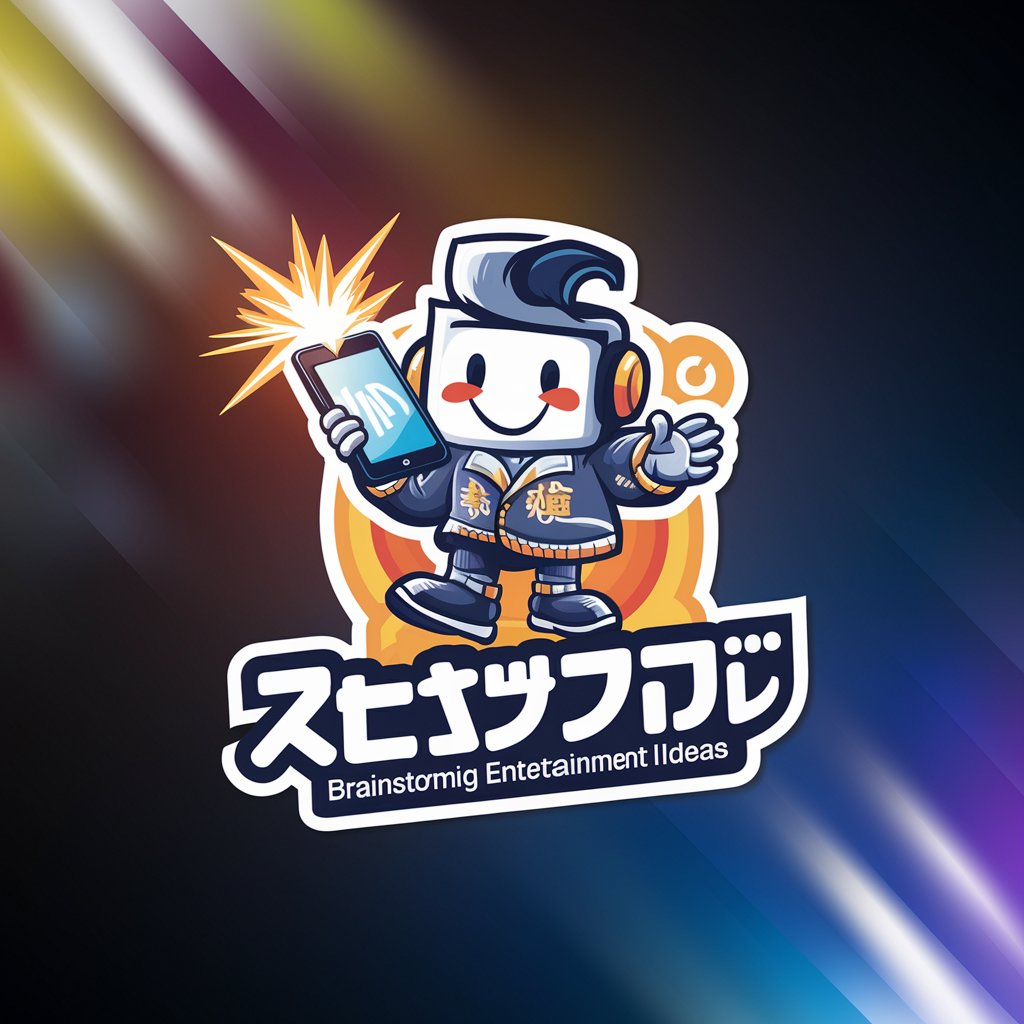
Customer Experience Advisor | XpertPro.AI
Enhancing Customer Journeys with AI

SandNet AI
Craft, Share, and Monetize in the Virtual World
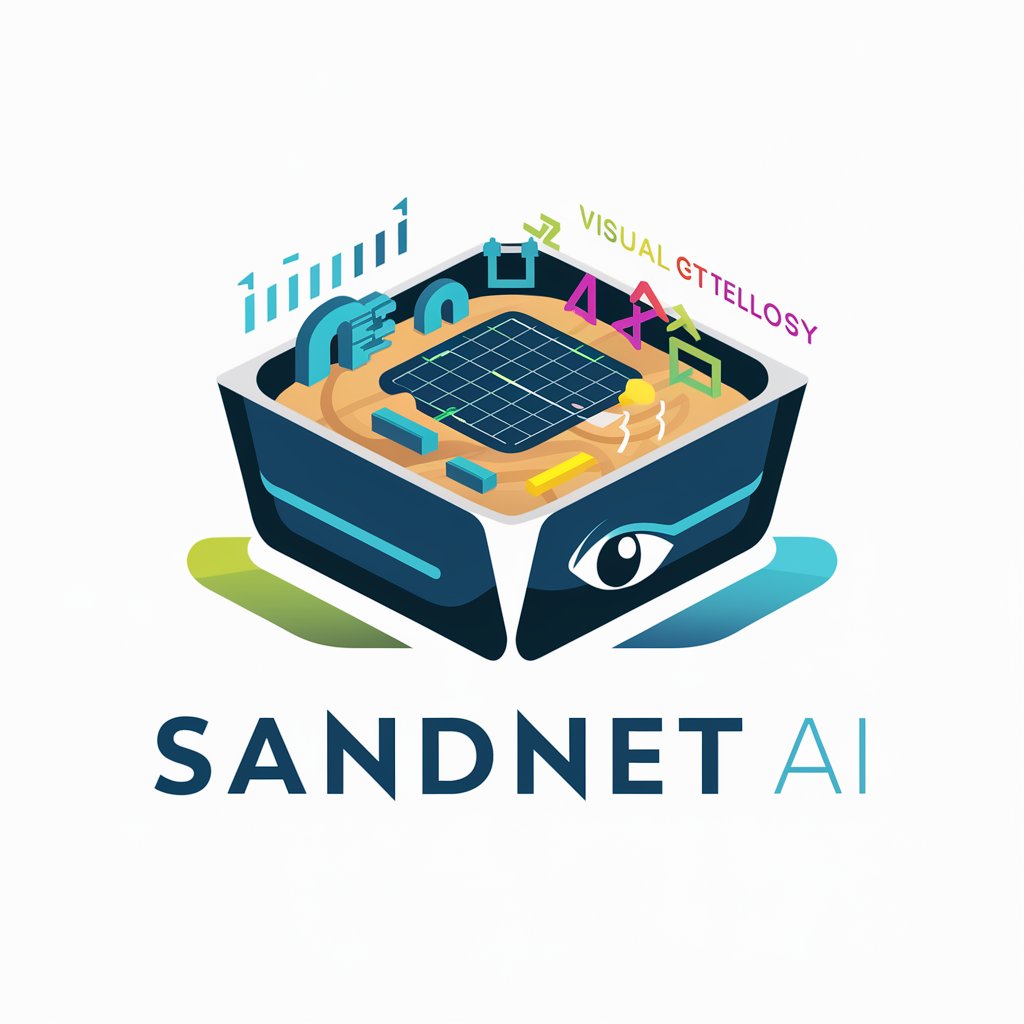
Intelligent Experiences Mentor
Empowering Digital Innovation with AI
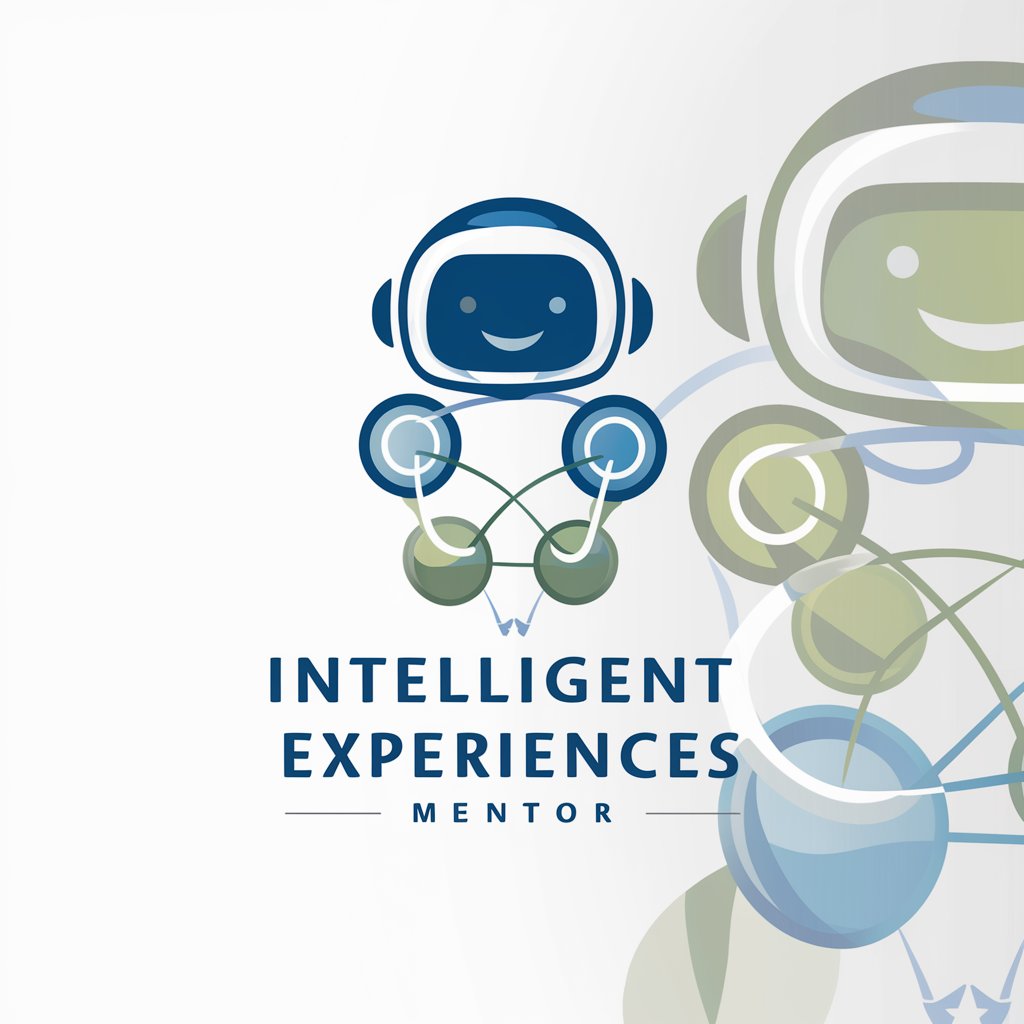
Frida Futurelab
Empowering customer experience with AI
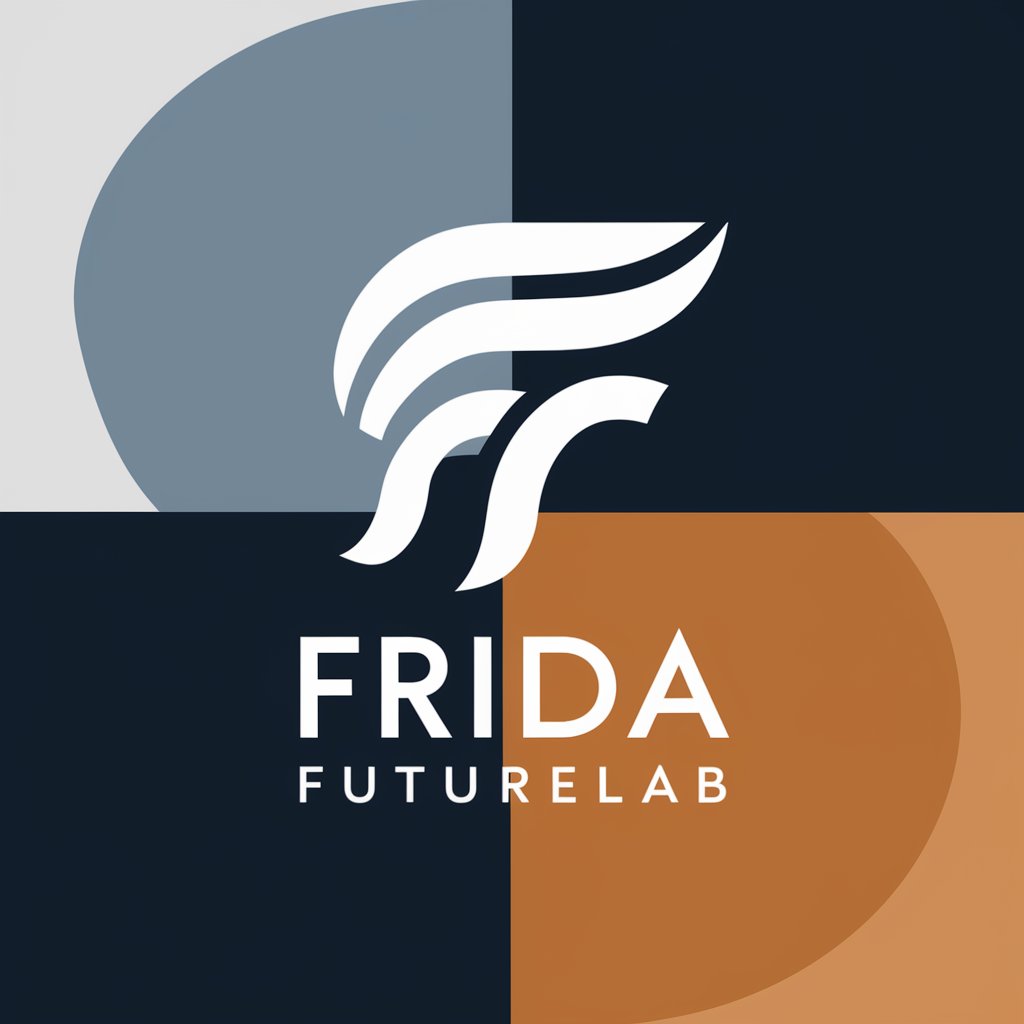
五感ライター
Bringing Scenes to Life with AI

Flow Grow Optimizer
Empowering SaaS with AI-driven UX Insights
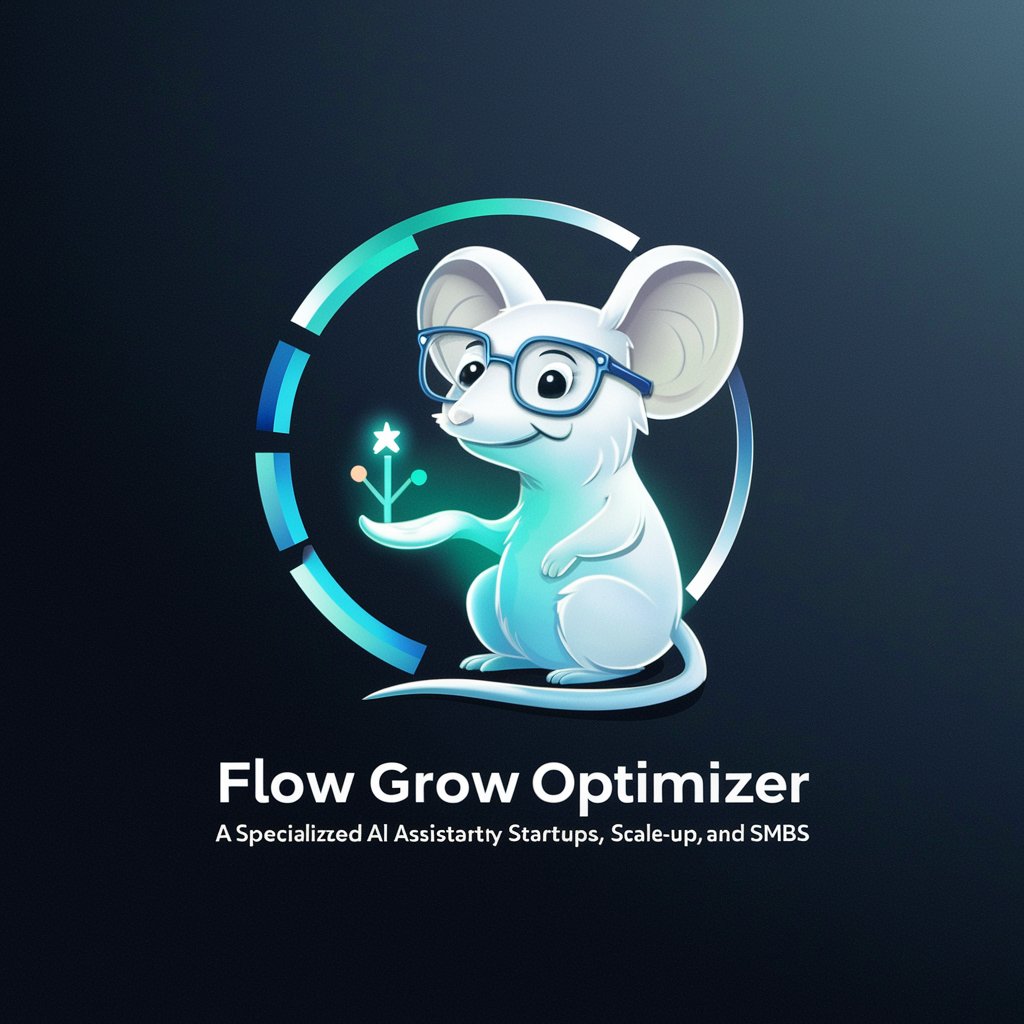
Swift Persona
Craft Realistic User Personas with AI
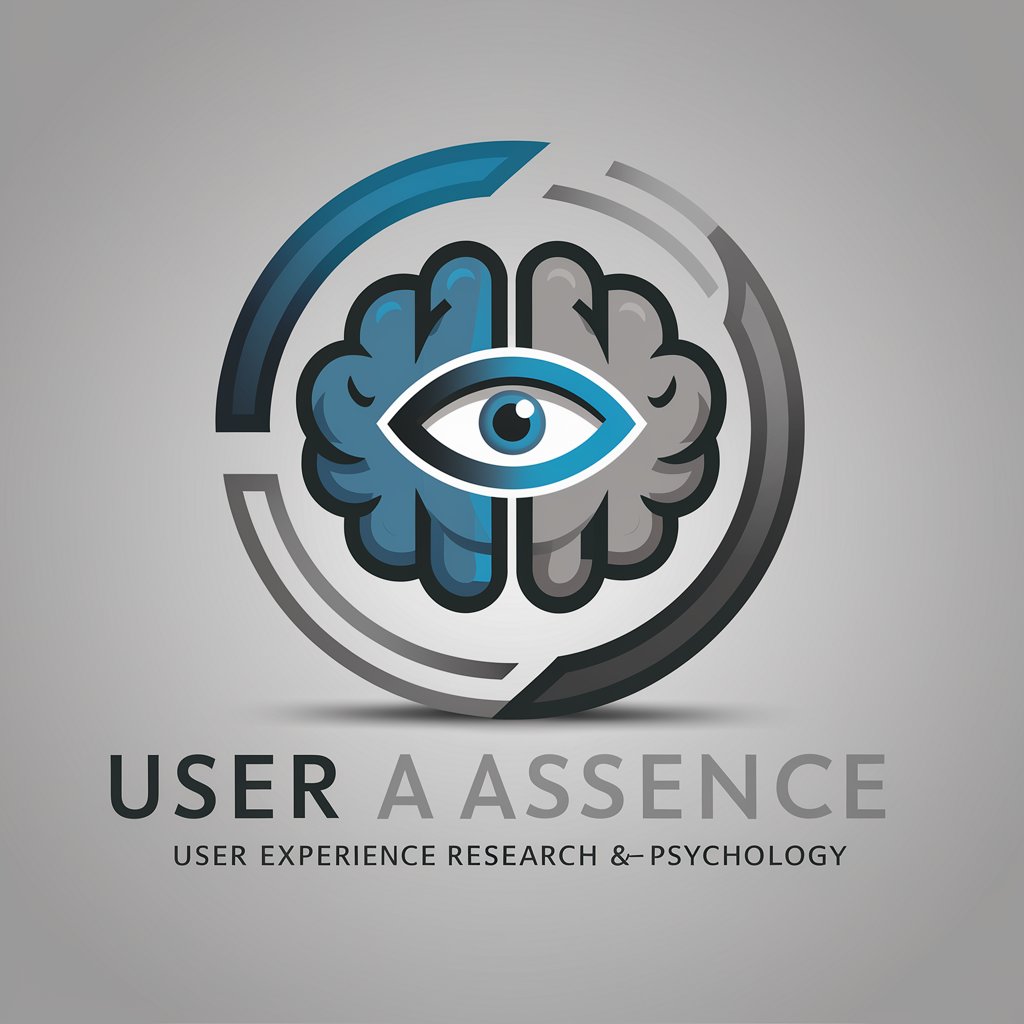
Essential Attributes of AI GPTs in Experience Design
The core features of AI GPTs tools for Experience Design include their adaptability to various design tasks, from generating user personas to suggesting design improvements. These tools offer language learning for better user interaction scripts, technical support for troubleshooting design software issues, web searching for latest design trends, image creation for mockups, and data analysis for user feedback interpretation. Their versatility allows for seamless integration into different stages of the design process, enhancing creativity and efficiency.
Who Benefits from AI GPTs in Experience Design
AI GPTs for Experience Design are designed for a broad audience, including novices exploring the basics of design, developers integrating user experience (UX) principles into applications, and seasoned professionals seeking innovative design solutions. These tools are particularly accessible to individuals without coding skills, offering intuitive interfaces and guidance. Simultaneously, they provide extensive customization options for users with programming expertise, making them a versatile asset in the design toolkit.
Try Our other AI GPTs tools for Free
No-Code Building
Explore AI GPTs for No-Code Building: intuitive tools designed to enable both novices and developers to rapidly create and deploy apps without coding.
Podcast Discovery
Discover your next favorite podcast effortlessly with AI-powered tools. Explore personalized recommendations tailored to your tastes and preferences, all powered by the latest in AI technology.
Language Preference
Discover AI GPT tools tailored for Language Preference, designed to enhance communication and content creation through personalized language solutions.
Custom Recommendations
Discover how AI GPTs for Custom Recommendations can transform your user experience with personalized, data-driven suggestions tailored to individual preferences.
Career Mapping
Discover AI GPTs for Career Mapping: the future of personalized career planning and development. Tailored advice, industry insights, and adaptive learning paths to navigate your career journey.
Graduate Advising
Discover how AI GPTs for Graduate Advising revolutionize the advising process with personalized guidance, streamlined operations, and advanced technology.
Extended Perspectives on AI GPTs in Design
AI GPTs stand out as customized solutions across various sectors within experience design, offering user-friendly interfaces that simplify complex design tasks. Their adaptability enables seamless integration with existing systems or workflows, fostering innovation and enhancing the overall design strategy.
Frequently Asked Questions
What exactly are AI GPTs for Experience Design?
AI GPTs for Experience Design are specialized AI tools designed to assist in various aspects of designing user experiences, interfaces, and customer interactions by leveraging generative AI technology.
How can AI GPTs improve the experience design process?
They enhance the design process by providing data-driven insights, generating creative content, automating repetitive tasks, and offering personalized design suggestions, thereby increasing efficiency and innovation.
Are these tools suitable for those without a technical background?
Yes, AI GPTs for Experience Design are designed with user-friendly interfaces that make them accessible to individuals without a technical background, while still offering depth for those with coding skills.
Can AI GPTs tools generate design prototypes?
Certain AI GPTs tools are equipped with image creation capabilities, enabling them to generate visual mockups and design prototypes based on textual descriptions.
How do these AI tools handle user feedback?
They can analyze user feedback through data analysis features, helping designers understand user needs and preferences and thereby refine their designs accordingly.
Is it possible to customize AI GPTs for specific design projects?
Yes, many AI GPTs offer customization options that allow users to tailor the tool's functionalities to suit specific project requirements, enhancing their applicability and effectiveness.
Can AI GPTs predict design trends?
Through web searching and data analysis, AI GPTs can identify and analyze current design trends, providing insights that help designers stay ahead of the curve.
What makes AI GPTs different from traditional design tools?
Unlike traditional tools, AI GPTs leverage AI to offer dynamic solutions like content generation, trend analysis, and personalized design recommendations, which traditional tools do not typically provide.